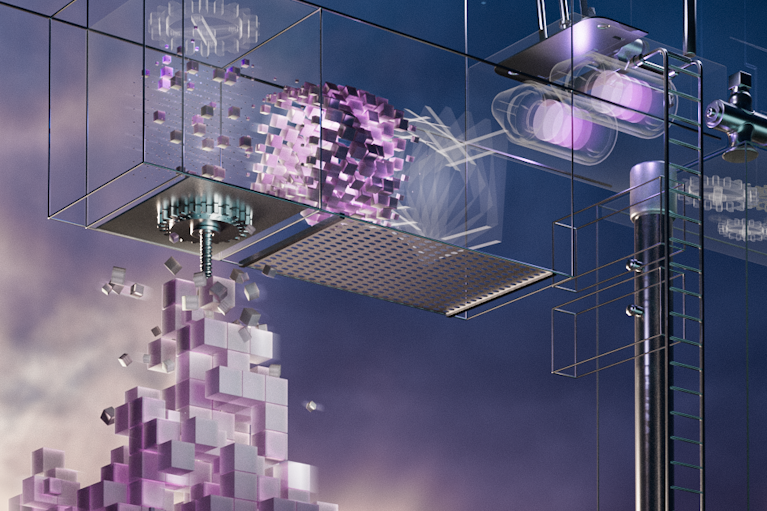The article “Close the Gates: How We Can Keep the Future Human by Choosing Not to Develop Superhuman General-Purpose Artificial Intelligence” discusses the potential risks associated with the development of superhuman AI, which could surpass human cognitive abilities and fundamentally alter society. It argues that such advancements may lead to uncontrollable consequences and unprecedented challenges. The authors advocate for implementing stringent national and international regulations to limit the computational power available for training neural networks, ensuring that AI remains understandable and manageable. By focusing on developing narrow and general-purpose AI that humans can control, the article suggests that society can harness the benefits of AI while mitigating its risks.
Editor’s Note: The article’s suggestions for regulating the development of superhuman AI highlight a crucial conversation about balancing innovation with safety in an era marked by rapid technological advancement. While AI holds immense potential to enhance human capacities—improving healthcare, streamlining industries, and solving complex problems—it also poses existential risks that cannot be ignored. Unchecked, AI could lead to scenarios where decision-making is beyond human comprehension or control, potentially undermining societal structures and individual autonomy.
To ensure that AI remains a beneficial tool for humanity, it is essential to establish robust ethical frameworks and regulatory measures prioritizing transparency and accountability. By focusing on developing AI systems that augment rather than replace human abilities, we can harness its transformative power while safeguarding against the threats of misuse and unintended consequences. Ultimately, fostering a collaborative relationship between humans and AI will be key to navigating the complexities of this technology, ensuring it serves as a catalyst for positive change rather than a source of existential peril. [Also read Are we passing on our biases to robots?, AI is biased against the poor and people of color. How can AI experts address this?, The biases that can be found in AI algorithm, Gender bias could worsen with AI].
Read Original Article
Read Online
Click the button below if you wish to read the article on the website where it was originally published.
Read Offline
Click the button below if you wish to read the article offline.
